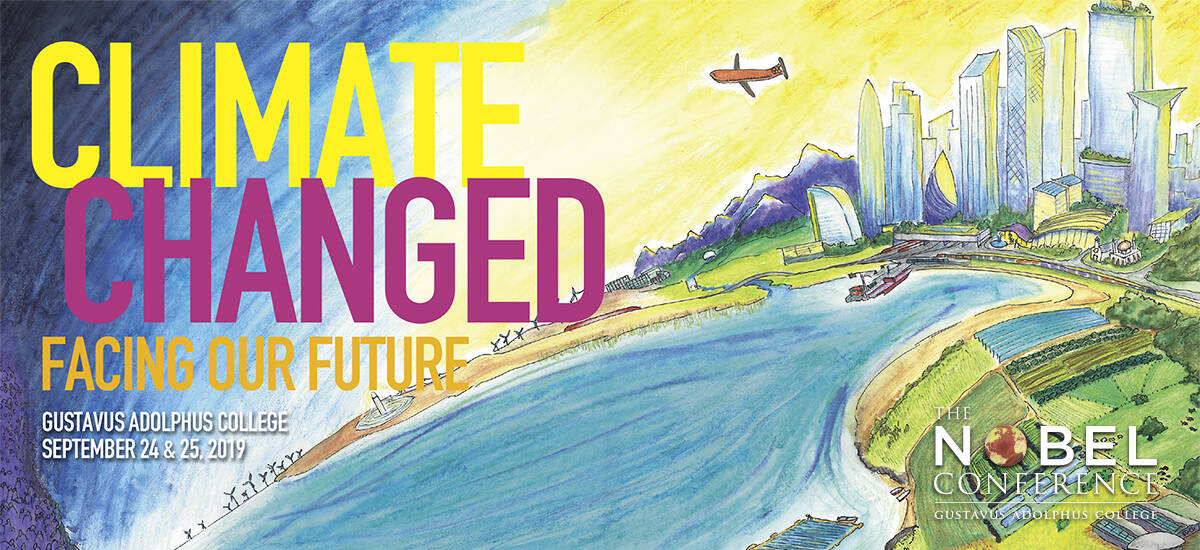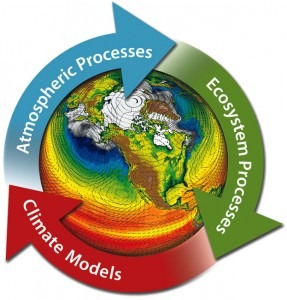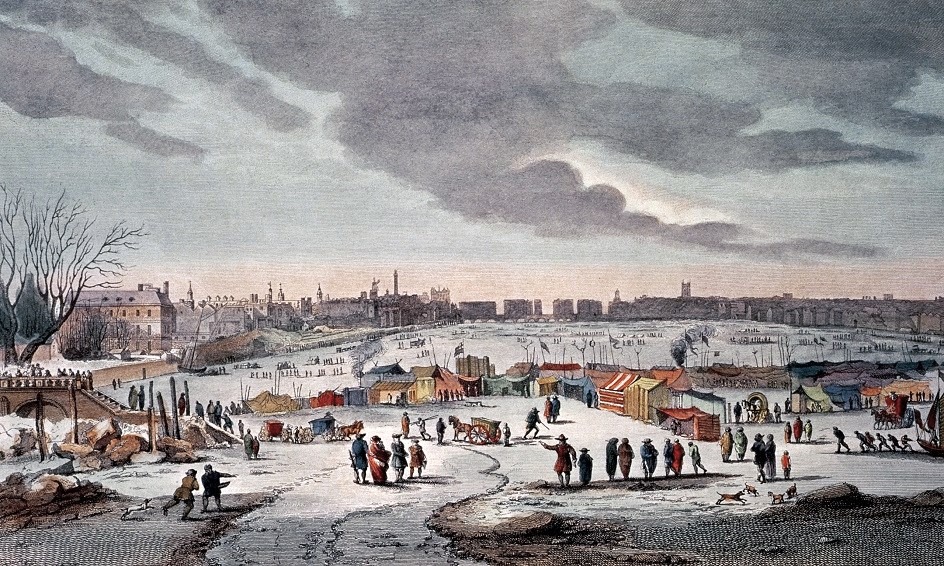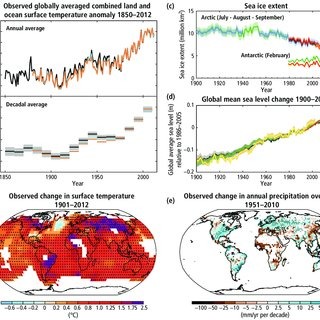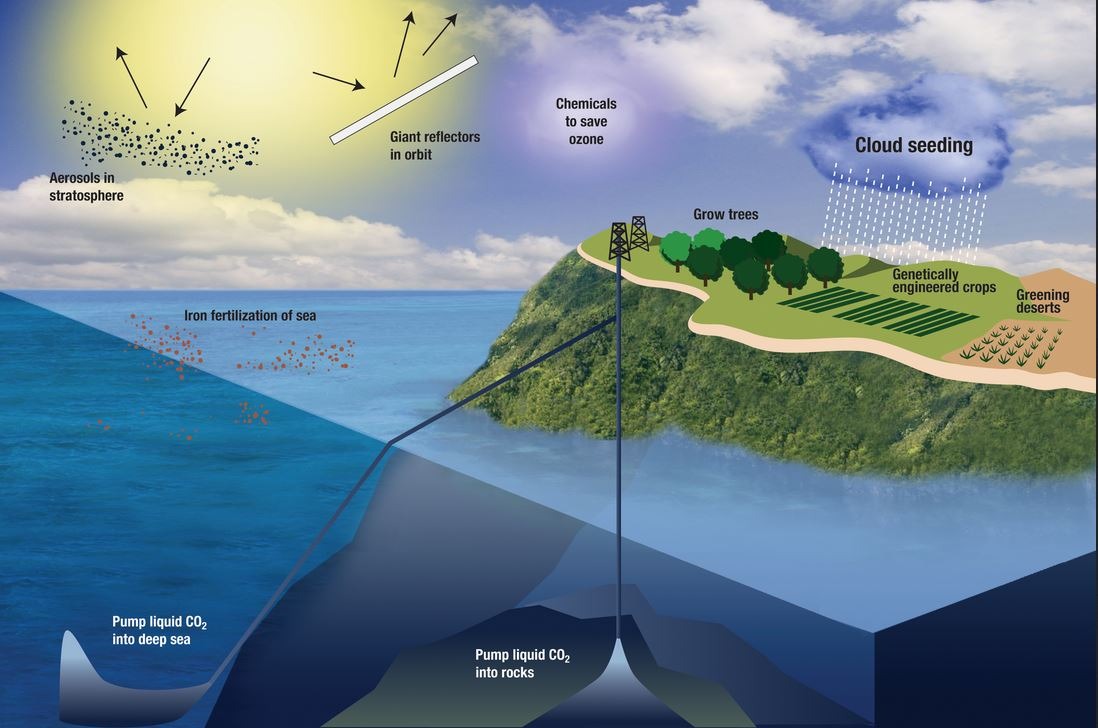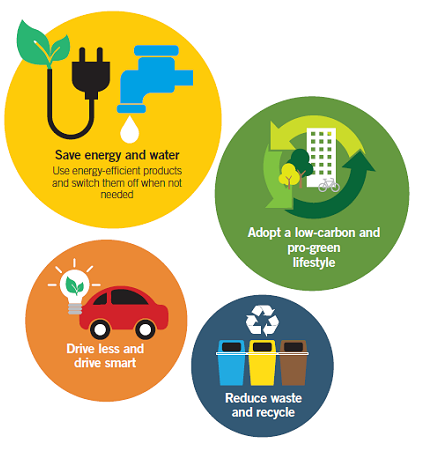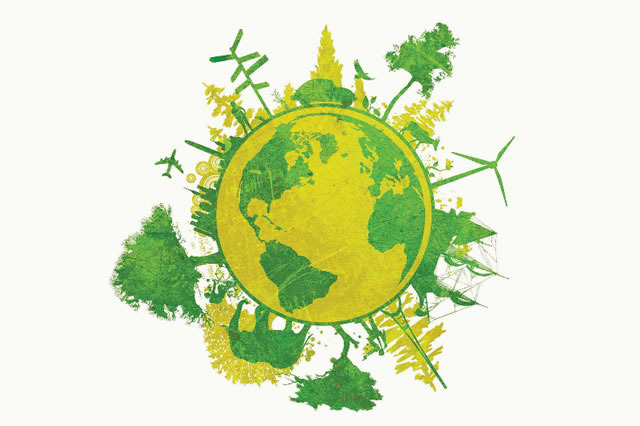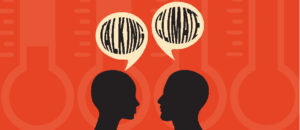Why do people talk about climate justice?
Mission
The Nobel Conference brings students, educators and members of the general public together with the leading thinkers of our time, to explore revolutionary, transformative and pressing scientific questions and the ethical issues that arise with them.
Most political discussions about our changing climate have to reckon with the fact that the causes and the effects of climate change vary between individuals, communities, nations, and generations. Historically, industrialized nations have produced more greenhouse gas emissions. But nations that have historically had low per capita greenhouse emissions have growing populations that make them the largest emitters now and into the future. In some parts of the world, climate change is producing heavy rains and flooding, and in other parts drought--the affects of both flooding and drought often fall more heavily on poorer people. As a result, climate change is often viewed through a lens of justice--who is paying the price? The resources here consider climate change as a question of justice.
Imagining Climate Change with Amitav Ghosh
An interview on Wisconsin Public Radio's "To the Best of Our Knowledge" where Ghosh explains his approach to climate change as a "failure of imagination."
Global Warming in an Unequal World: A Case of Environmental Colonialism
By Anil Agarwal and Sunita Narain
From the Centre for Science and Development, New Delhi - a seminal publication on climate justice and environmental colonialism.
NAACP Environmental and Climate Justice Program
This website describes instances of environmental and climate injustice and what the NAACP’s Environmental and Climate Justice Program is doing to help these issues.
Why Climate Change is a Threat to Human Rights
By Mary Robinson
This TED talk highlights the human impacts related to climate change.
Climate Change with Amitav Ghosh and Aaron Thier
The Guardian Podcast - Fifteen minutes from Ghosh about why/how climate change is a humanities challenge. This is a good introduction to Ghosh's articulation of the role of Enlightenment thinking in the current climate crisis.
